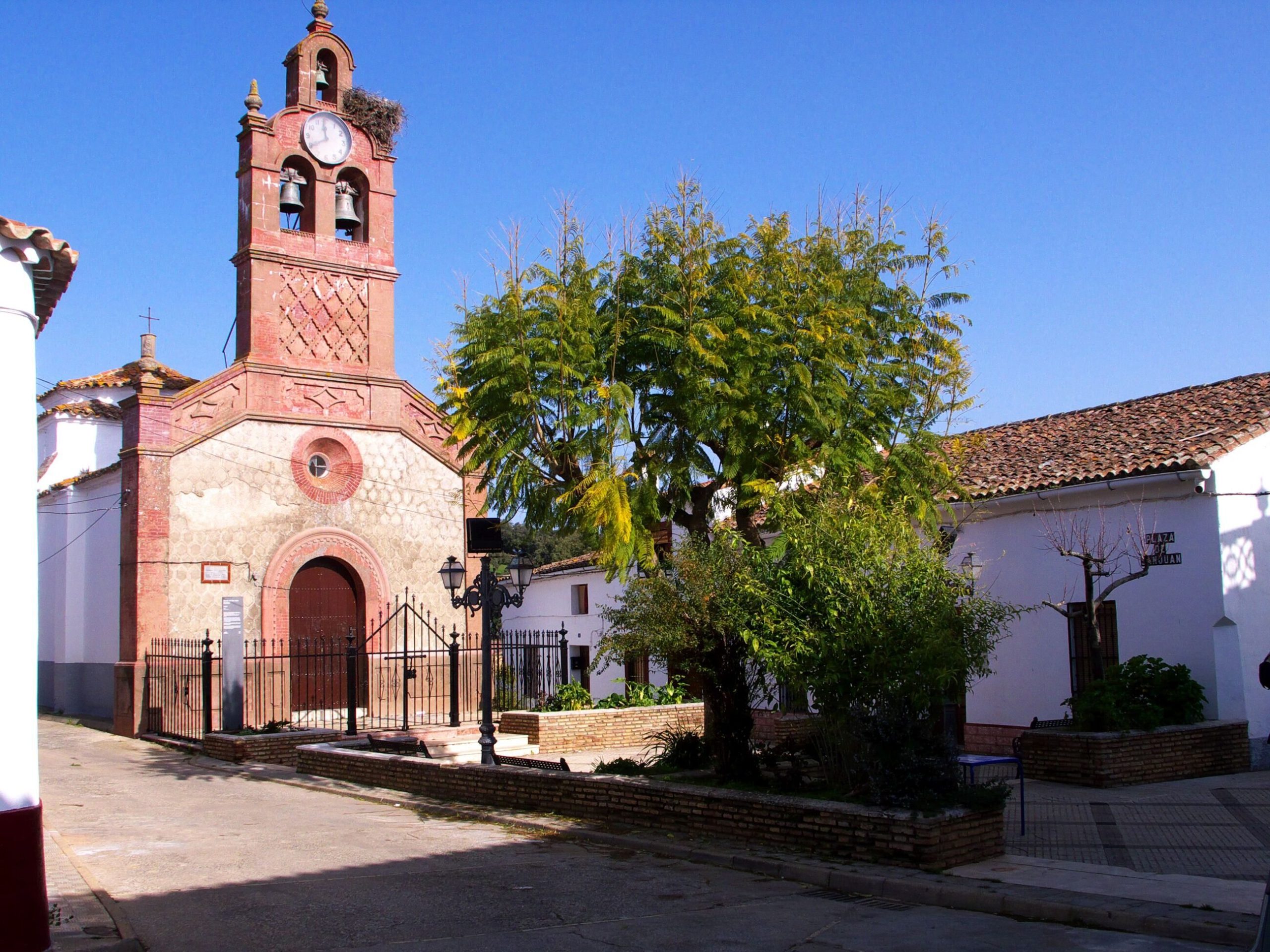Spain. The government settles a deserted province. That’s how tempting it is

The Spanish authorities want to use the period of the COVID-19 pandemic to increase the population of the deserted province. The interior, which has been depopulating in recent decades with the appearance of the coronavirus, has gained many supporters among city residents.
This year’s report by the National Statistical Office (INE) in Madrid leaves no doubt that there are no fewer dying towns in Spain. The phenomenon mainly concerns villages located far from urban agglomerations, tourist resorts and transport hubs. According to INE, there are almost 7,000 in the country. communes inhabited by less than 5 thousand people.
According to Saida Morais, who specializes in real estate on the Iberian Peninsula, sanitary restrictions and multi-week quarantines have forced many families to move from cities to the countryside. – Even in the deep interior, the number of people interested in buying houses began to increase during the pandemic. This trend, still noticeable, is reflected in a clear increase in prices in rural areas. Their value used to decrease, Morais told PAP.
The commune of Corteconcepcion, located in the province of Huelva, with just under 600 inhabitants, gained several new residents during the pandemic, including: Raquel Freire, a lawyer who decided to leave the Barcelona metropolitan area in the era of Covid-19.
In a village near the Portuguese border, Raquel continues her work as an expert in administrative and commercial law. He also provides free legal advice to the population of Corteconcepcion once a week.
Spain. New inhabitants brought to the provinces
This commune, like over 60 others, has joined the Holapueblo program developed by the Spanish Electricity Network (REE) since 2020. Its organizers estimate that by the first week of December they managed to bring nearly 70 new residents, mainly families with children, to 19 municipalities with no more than 700 people. Some of them are foreigners residing in Spain.
As the authorities of the Holapueblo platform explain, its main task is to match depopulated municipalities with families from cities who are ready to move to the countryside. It is up to municipalities to offer new residents the cheapest possible place to live and a job offer. This can increasingly be performed remotely.
The Spanish government announces that it will take supportive measures “people’s attachment to the land”. The beginning of the new year will bring a change, because from January 1, Spanish officials will be able to work from home three days a week.
In the opinion of the Minister of Finance and Public Services of Spain, Maria Jesus Montero, the new regulations are a form of combating the depopulation of the Spanish interior. – Thanks to this law, we want numerous public employees to be able to settle in the interior, in depopulated areas that are a priority for our government – she explained.
According to the new law, the employer will have to bear all the costs of operating the employee’s home infrastructure, including, above all, the computer software and Internet connection necessary for work.






